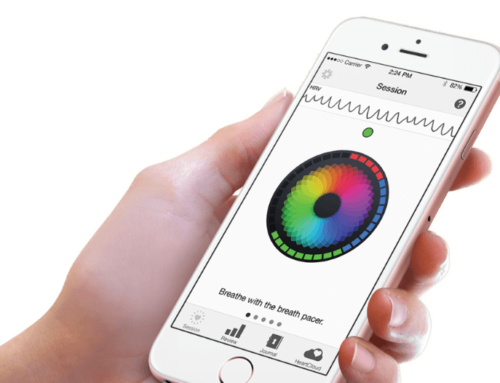“Self-compassion is simply giving the same kindness to ourselves that we would give others.” -Christopher Germer
Teachers act as coaches and cheerleaders. We direct plays, wipe noses, grade papers and plan lessons. We comfort students, guide parents, nurture dreams and harness enthusiasm. Also, we deliver good news, stay late, purchase supplies, hold our tongues…and our bladders, too. Teachers teach what needs to be taught and are committed to the well-being of our students.
Teachers are also humans who are not immune to many of the conditions that often afflict the students in our classrooms
I’m not just talking about the flu. I’m talking about serious chronic conditions that don’t go away with some antibiotics and orange juice.
Eating disorders often impact adults working in care professions. Many of us ‘carers’ come to work through sickness because it is in our nature to put whatever we are dealing with at the bottom of our list of priorities in order to keep our students at the top. We hobble along because they need us – and for us, that is what matters most.
But what is actually most important, is that teachers lead by example. Of course they need us, but they need us healthy. I myself have taught more full days of classes with a raging migraine headache simply because no one was able to take my place at the lectern. I did what I could for my health when I had time, but it wasn’t enough. The day eventually came when I had to take a leave of absence from the job I loved because I became too sick to continue.
Consider this:
If one of your students were to become ill, would you encourage them to ‘power through’? Would you encourage them to put off their treatment until it’s convenient? Of course not. You would help them find a way to complete any missed work and welcome them back after they’ve received the help they deserved.
Before I chose to prioritize my health, I had lost sight of the fact that what I teach by example is far more powerful than any lesson plan I could write. I first am an adult in their lives setting an example and then a teacher of a subject. What we do matters. But we are doing our students a disservice if we teach them that health – theirs and ours – is anything less than the most important thing we have.
Take care of yourself; you will have more to bring to the students you love so much.
This summer break, we encourage you to experience life beyond your eating disorder. If you want to quiet the bully in your head, we are here to help. Get in touch with us today to start healing.
####
 Stephanie Haines, M.Ed., CHES, is an engagement specialist for Walden Behavioral Care. Her role is to help our patients to navigate the admission process. Before becoming a member of Team Walden, Stephanie was a Senior Prevention Specialist at FCD: Prevention Works!, part of the Hazelden Betty Ford Foundation located in Newton, MA. Stephanie is a member of the National Wellness Institute and is a member of a number of training and prevention-focused committees. Stephanie earned her master’s degree from Plymouth State University in New Hampshire, where she served as a graduate assistant to Margaret Burckes-Miller, founder and director of the university’s Eating Disorders Institute.
Stephanie Haines, M.Ed., CHES, is an engagement specialist for Walden Behavioral Care. Her role is to help our patients to navigate the admission process. Before becoming a member of Team Walden, Stephanie was a Senior Prevention Specialist at FCD: Prevention Works!, part of the Hazelden Betty Ford Foundation located in Newton, MA. Stephanie is a member of the National Wellness Institute and is a member of a number of training and prevention-focused committees. Stephanie earned her master’s degree from Plymouth State University in New Hampshire, where she served as a graduate assistant to Margaret Burckes-Miller, founder and director of the university’s Eating Disorders Institute.







